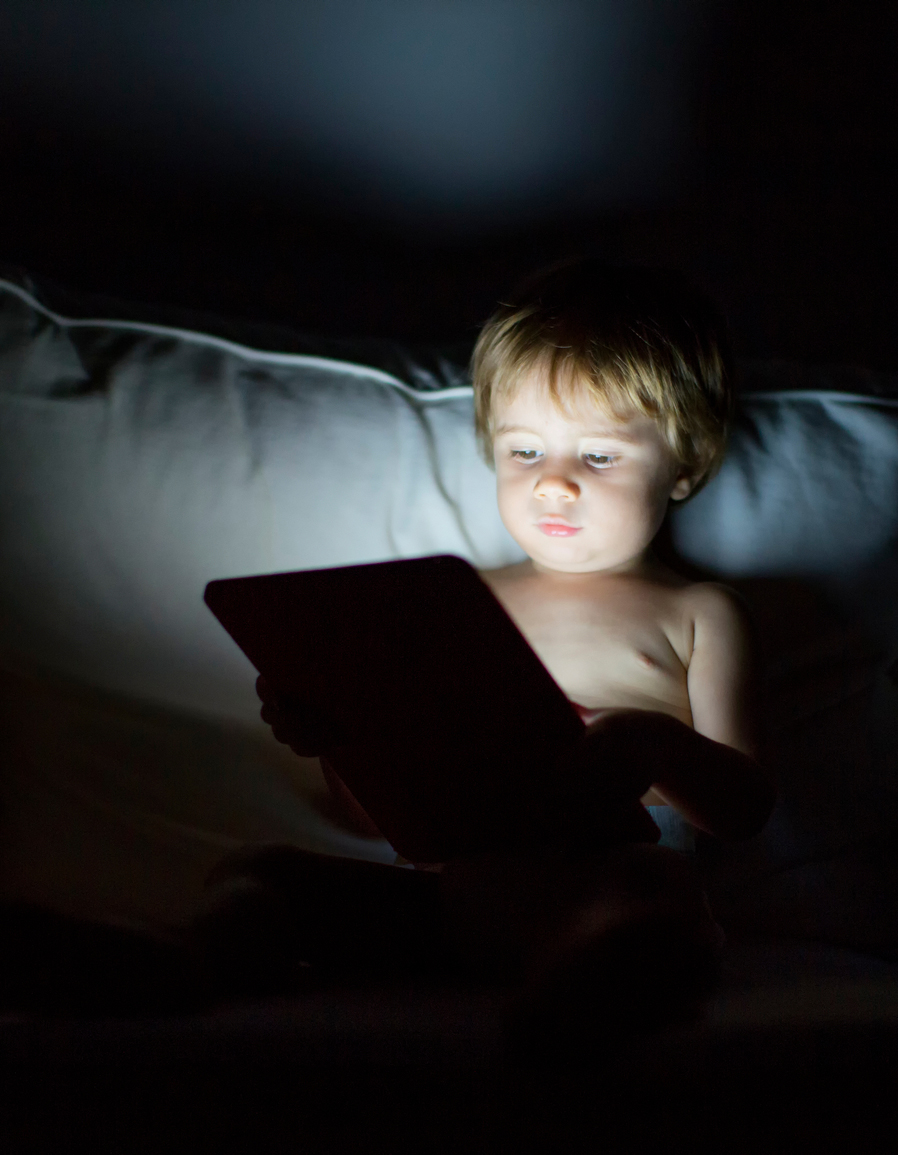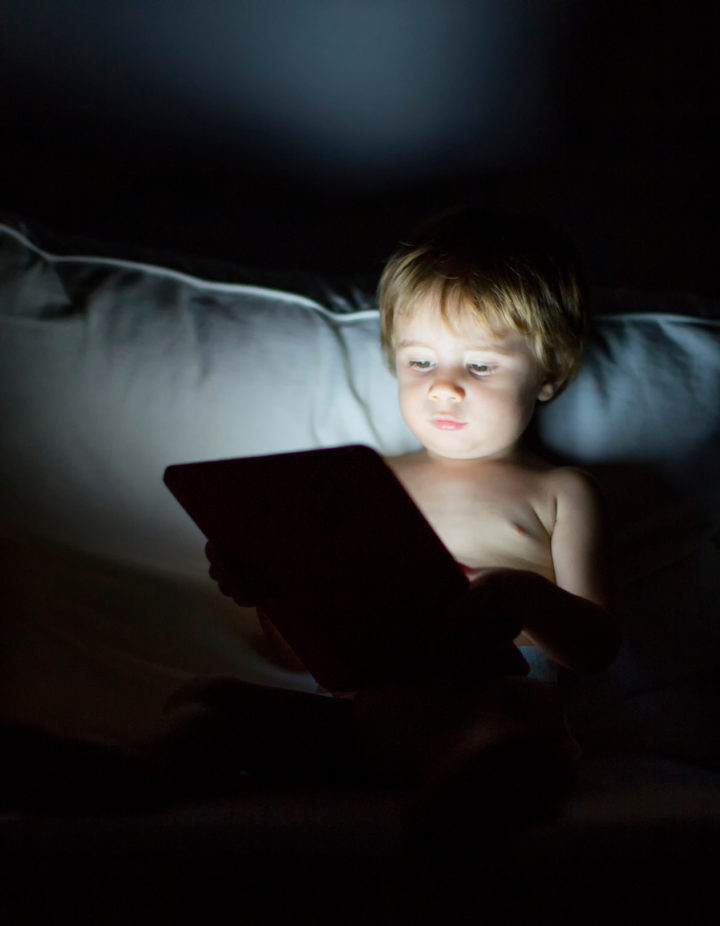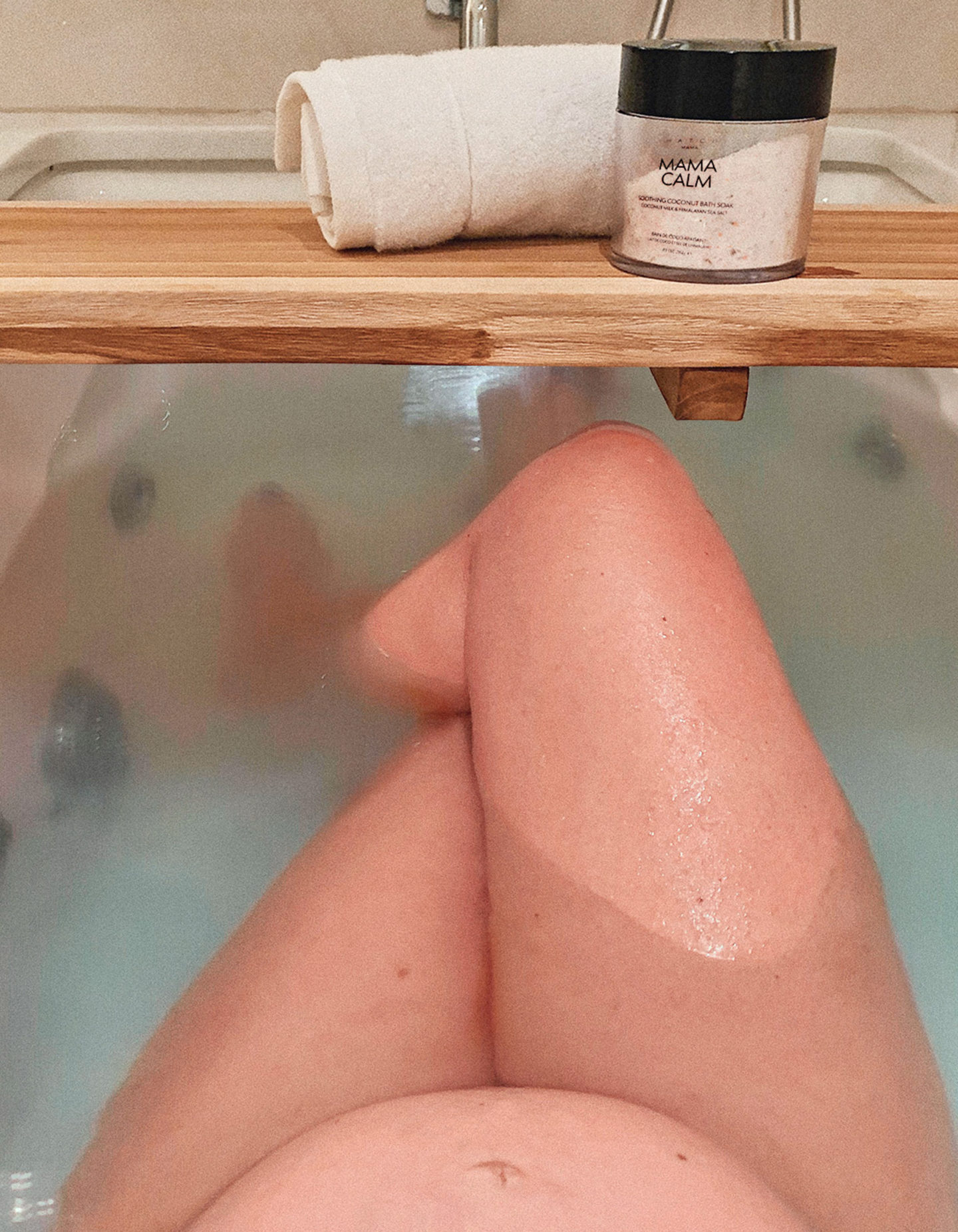 From starting solids to sleep training, parenting is full of decisions that most of us are making on the fly. Should we go back in and rock them to bed? Is television really the worst thing ever? Most of our choices reflect our individual perspectives on parenting, family and various levels of by-the-bookdom, but once in a while it helps to call in the big guns like a true expert opinion. So we’re bringing you answers to common parenting questions thanks to Babe’s resident pediatric expert, Dr. Aliza Pressman, Ph.D., co-founder of the Mount Sinai Parenting Institute and host of Raising Good Humans podcast. This week she tackles our children’s addictions to Iphones, Ipads and screens in general, and how to set new boundaries EVEN amidst a pandemic.
From starting solids to sleep training, parenting is full of decisions that most of us are making on the fly. Should we go back in and rock them to bed? Is television really the worst thing ever? Most of our choices reflect our individual perspectives on parenting, family and various levels of by-the-bookdom, but once in a while it helps to call in the big guns like a true expert opinion. So we’re bringing you answers to common parenting questions thanks to Babe’s resident pediatric expert, Dr. Aliza Pressman, Ph.D., co-founder of the Mount Sinai Parenting Institute and host of Raising Good Humans podcast. This week she tackles our children’s addictions to Iphones, Ipads and screens in general, and how to set new boundaries EVEN amidst a pandemic.
Q. Dear Aliza,
We’ve always been pretty good about screen time for our young child, but Covid-19 and his preschool’s Zoom sessions have totally devolved our habits into excessive screen use – not to mention it playing a role of fulltime babysitter while my husband and I worked. Now that school is over, how do we set new boundaries and wean him off the screen without having a major upheaval?
– Jess C., mom to Ezra, 3
A. These days, a lot of parents want to undo all of the Covid screen time but the tendency for us is to say, “They won’t let me or they’ll go crazy.” But when we decide in advance how our child will respond, we become imprisoned by that knowledge, but that’s a story we’re telling ourselves. It’s like sleep training or getting rid of the bottle. These are stories we tell ourselves. “Oh it’ll be a nightmare. It’ll be impossible.” And then we do it and it’s, “Oh that wasn’t so bad.” Or maybe it was but we got through it. But the reality is that it’s important to help kids who are overly focused on screens. You can say, “Listen, we’re taking a break from screens. It’s looking like we need them too much and we want them and use them too much, so we’re going to take a break.” But you have to take a break as well. It just means you have to be aware of your own screen and phone use. It’s always better to put the TV on rather than having a kid staring at an Ipad. Because then it’s a group experience and it’s not in their face. One way to reduce screen is to make TV or movies an event together.

Photo by @courtneyadamo
And here’s another thing. You want to commit to sacred “no screen” places like meals. If you’re at a nice restaurant and you want to make an exception, go for it. But maybe you just get a sitter and enjoy it more. Because if you’re going out for purposes of spending time with kids, you’ve left them anyway. Your physical presence is there, but there’s no interaction. It’s better for everyone when mom and dad are going on a date and they’re staying home. But if screens are because you’re genuinely going crazy, then give yourself a break. But ideally meal times and bedrooms should be pretty sacred for screens. Those are the times you want your kids to feel connected with you and with each other and relaxed – and none of those things are consistent with screen use. And you don’t want people eating and not noticing that they’re eating. That food went into their body but they didn’t notice. It’s not mindful eating. With kids you especially want to promote mindful eating. Chew your food, taste your food and let know us when your tummies are full.
Also prolonged screen use can lead to behavior in kids where they are overstimulated and overwhelmed. The definition of “prolonged’ is over two hours a day, but we all know that’s a lot of screen use. You can let your kid be the guide on that. If you tend to see tantrums after more than 20 minutes of TV or screens, it’s not a good idea. And of course, certain moments are exceptions, like air travel. You don’t do that everyday and you save up for it. It would be barbaric to suggest otherwise.




